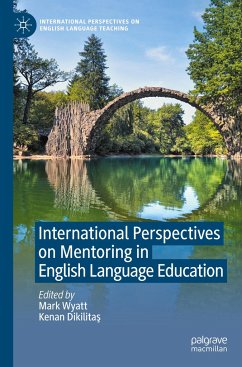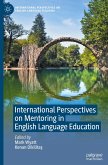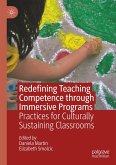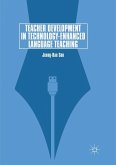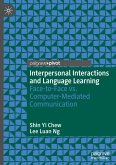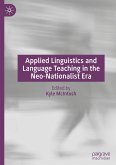This book focuses on mentoring in English language education internationally, as it applies to students, language teachers, practitioner researchers and research mentors themselves. It aims to provide an in-depth understanding of current mentoring practices in diverse contexts worldwide, drawing on case studies from Brazil, Chile, Mexico, Peru, and the USA; China, India, Japan, Nepal, and Vietnam; Australia; parts of Africa; Oman and the UAE; North Macedonia, Turkey and the UK. Areas of focus include peer mentoring, mentor courses, cross-cultural issues, and modalities such as face-to-face or online mentoring, and the chapters also highlight the value of different methodological tools for exploring mentoring situations, including cultural-historical activity theory and conversation analysis. The book's conclusion highlights the potential of mentoring to widen access to learning and therefore address issues that relate to social injustice and inequality, particularly in, but not limitedto, under-resourced contexts. This volume will be of particular interest to teacher educators, pre-service and in-service language teachers, and students and scholars of applied linguistics and English language teaching.
"International Perspectives on Mentoring in English Language Education is a groundbreaking compilation of research studies reflecting the depth and breadth of recent developments ... . splendidly reflects the richness of mentoring experiences gained in strikingly different contexts in recent decades. Although my own experience as an emerging teacher-research mentor influenced which chapters resonated with me the most, all of them are suffused with a philosophy of mentoring that focuses on humanistic, reflective and collaborative approaches. Highly recommended." (Erzsébet Ágnes Békés, Argentinian Journal of Applied Linguistics, Vol. 10 (2), November, 2022)

